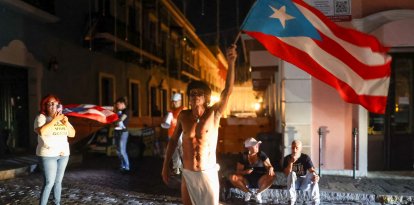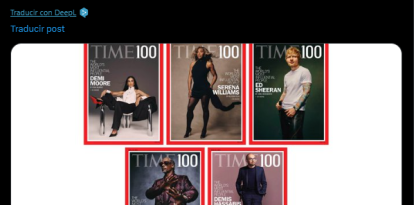Supreme Court rules in favor of artist who refused to design LGBT weddings in Colorado
Lorie Smith has obtained the approval of the highest judicial body, which puts the right to religious freedom above the state's anti-discrimination law.

(YouTube: Alliance Defending Freedom)
The Supreme Court has ruled in favor of Lorie Smith, the Christian graphic artist who owns the wedding design firm 303 Creative LLC, and who refused to plan events for same-sex couples. The sentence concluded with six votes in favor and three against. The hearing took place on December 5.
303 Creative Llc Et Al v Elenis Et Al_voz media by VozMedia on Scribd
The highest judicial body in the United States upheld Smith´s case, despite the fact that Colorado law - the state from which both parties involved in this process originate - prohibits discrimination on the basis of sexual orientation, race or any other type of issue in any activity.
Smith claimed that her company's specialty is creating websites for weddings. She believes that marriage reflects Christ's relationship with the Church and "fulfills the complementary nature of God's first institution," so she is not willing to promote messages that go against this precept. Likewise, it refuses to contribute to the dissemination of messages in favor of abortion or gambling or that degrade people for any reason, including their sexual orientation. In other words, she based his decision on her right to freedom of expression, which is enshrined in the Constitution. "The First Amendment envisions the United States as a rich and complex place where all persons are free to think and speak as they wish, not as the government demands," said one of the justices who supported Smith, Neil Gorsuch.
For her part, Justice Sonia Sotomayor, who voted against, attacked those who supported Smith:
This ruling is a strong defense of the rights of individuals on religious grounds, which are also protected under the First Amendment.
RECOMMENDATION





















